This content is restricted to subscribers

The views, opinions and positions expressed by columnists and contributors are the author’s alone. They do not inherently or expressly reflect the views, opinions and/or positions of our publication.

This content is restricted to subscribers
The views, opinions and positions expressed by columnists and contributors are the author’s alone. They do not inherently or expressly reflect the views, opinions and/or positions of our publication.
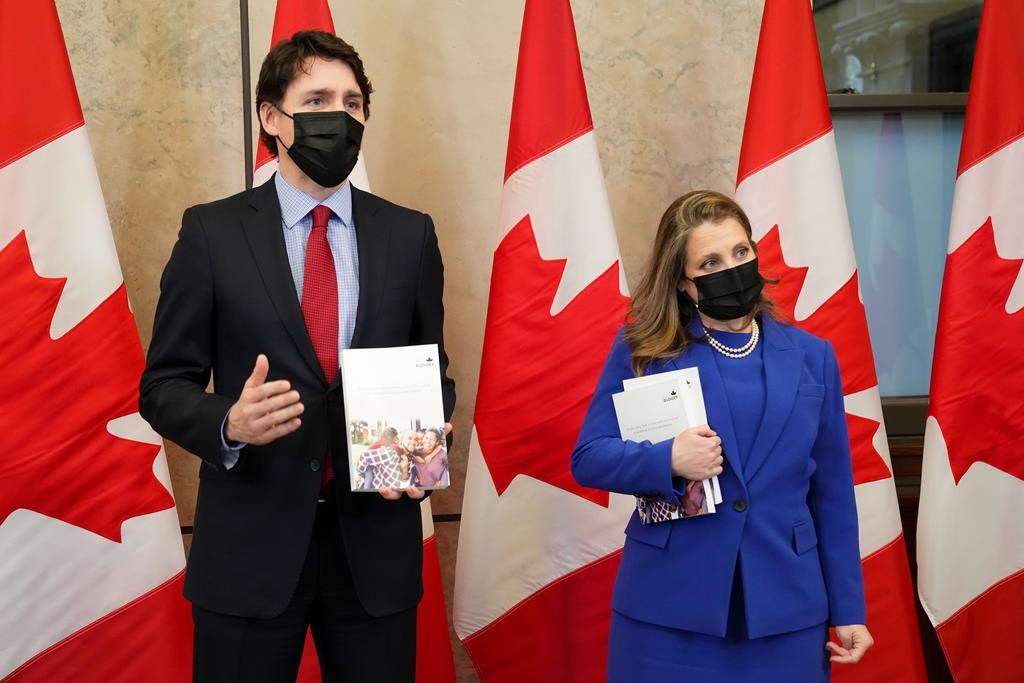

This content is restricted to subscribers
The views, opinions and positions expressed by columnists and contributors are the author’s alone. They do not inherently or expressly reflect the views, opinions and/or positions of our publication.
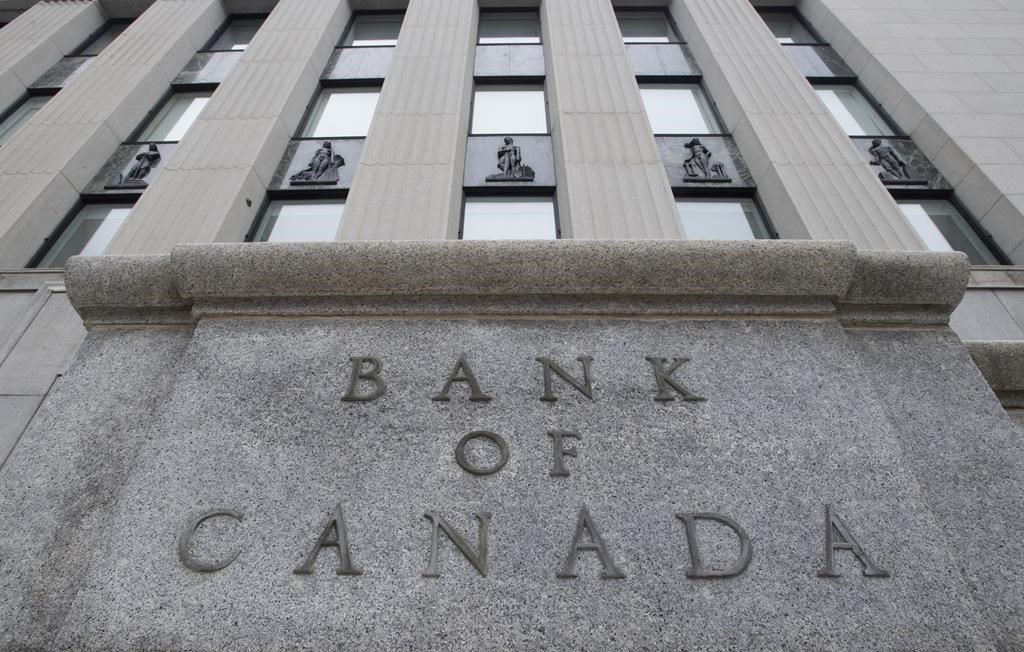

This content is restricted to subscribers
The views, opinions and positions expressed by columnists and contributors are the author’s alone. They do not inherently or expressly reflect the views, opinions and/or positions of our publication.
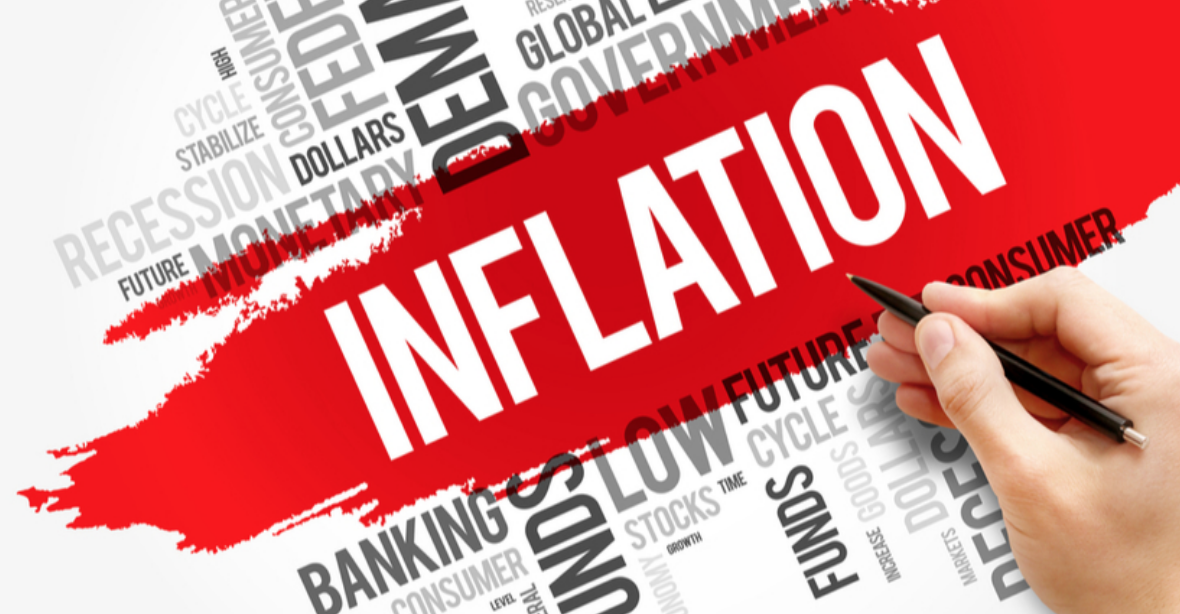

This content is restricted to subscribers
The views, opinions and positions expressed by columnists and contributors are the author’s alone. They do not inherently or expressly reflect the views, opinions and/or positions of our publication.
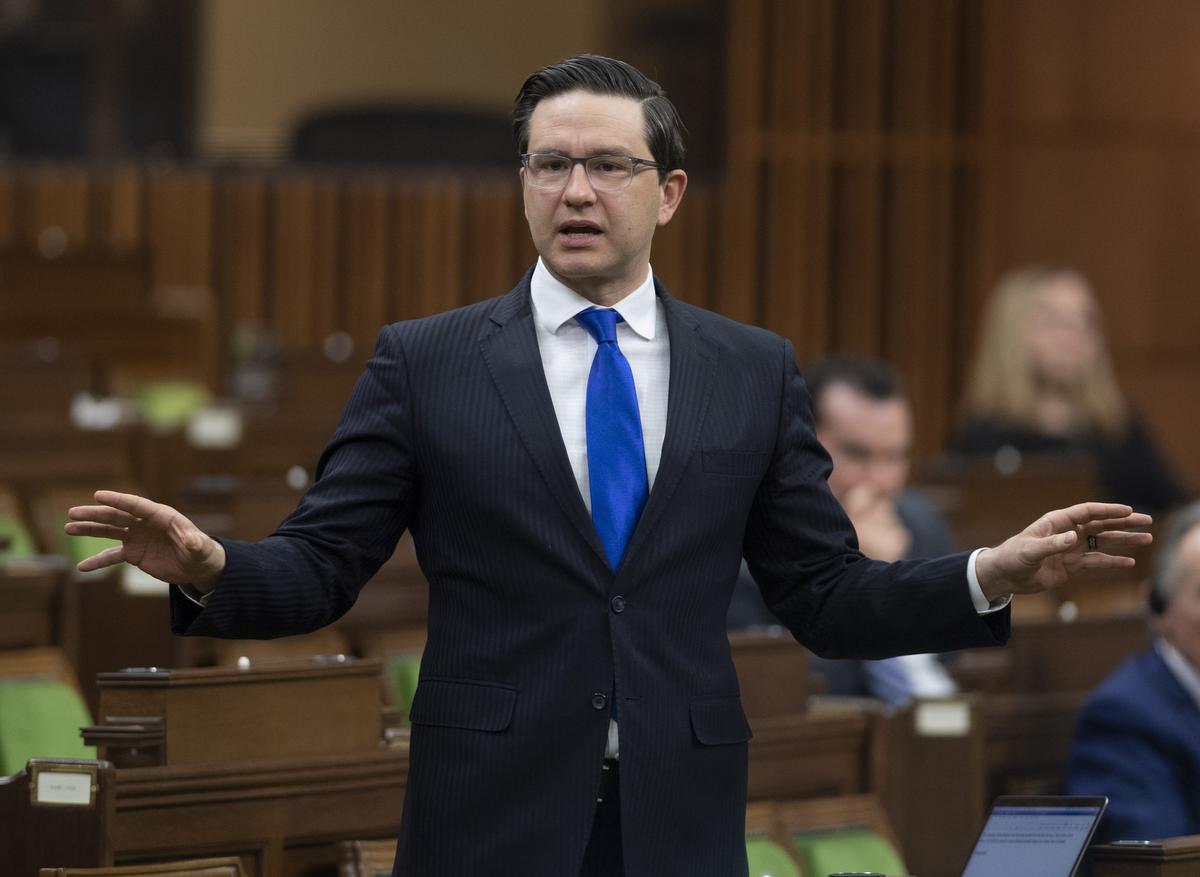

This content is restricted to subscribers
The views, opinions and positions expressed by columnists and contributors are the author’s alone. They do not inherently or expressly reflect the views, opinions and/or positions of our publication.
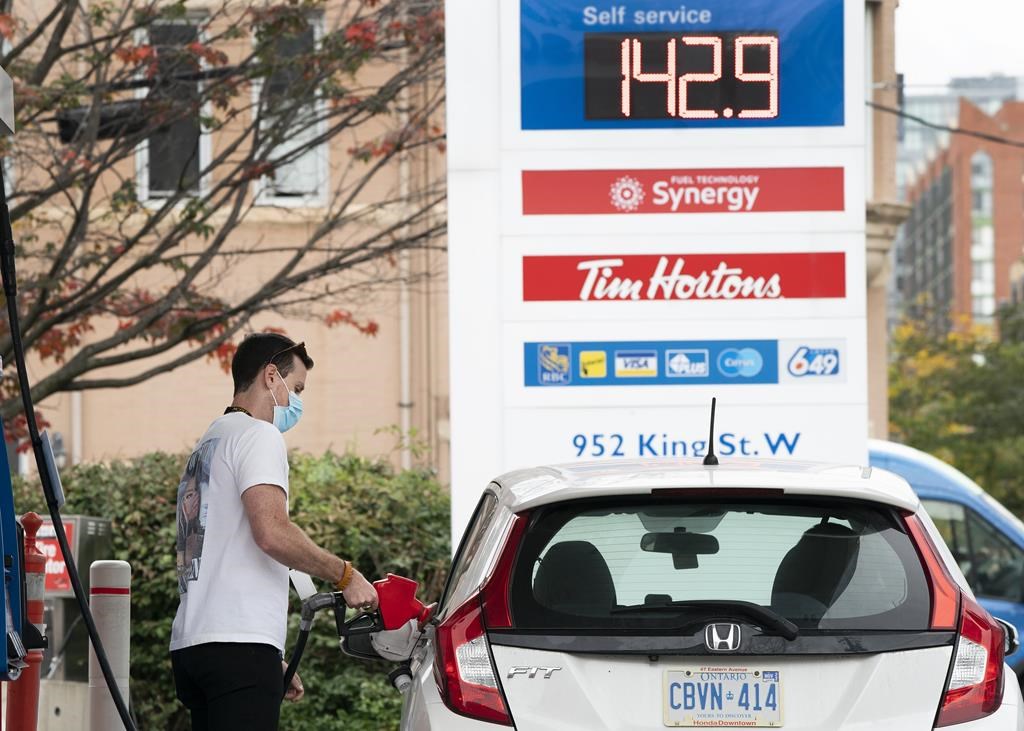

This content is restricted to subscribers
The views, opinions and positions expressed by columnists and contributors are the author’s alone. They do not inherently or expressly reflect the views, opinions and/or positions of our publication.
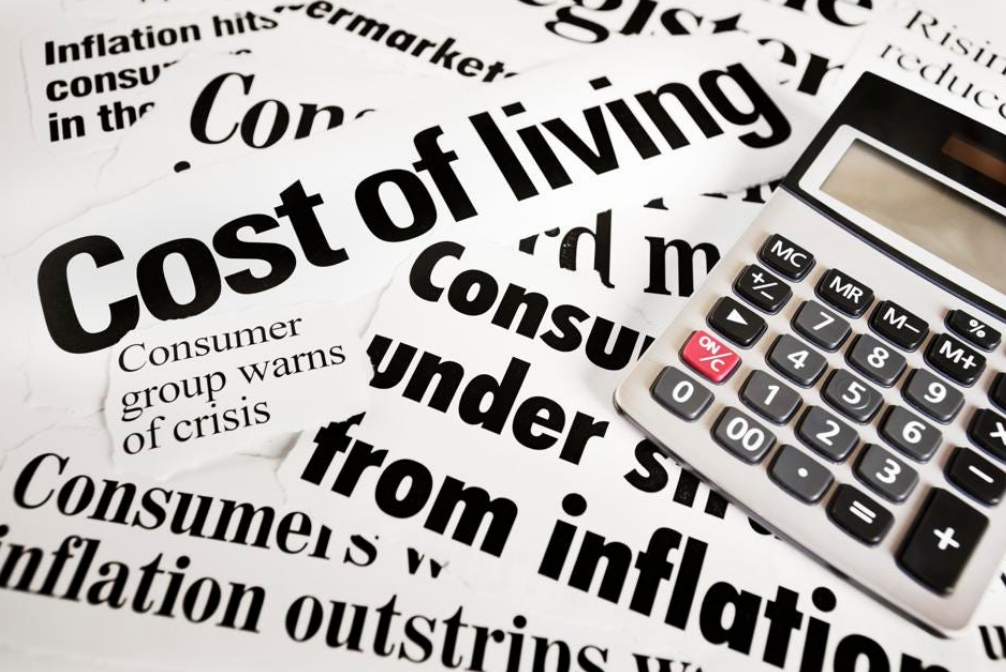

In a famous line from Ernest Hemingway’s The Sun Also Rises one character explains how he went bankrupt: “Two ways. Gradually and then suddenly.” Which bring me to inflation. Gradually and then suddenly, because I did tell you so.
I quote Hemingway because economics has a bad reputation especially for bon mots. Actually the late Rudi Dornbusch made the same point in equally lapidary fashion: “In economics, things take longer to happen than you think they will, and then they happen faster than you thought they could.”
OK, 22 words not six. But either way, a crisis takes a long time to build then bursts upon you so rapidly that it’s hard to react especially if you could not see it coming.
In such situations, people often look pathetic, unable to grasp that their literal or mental credit card is maxed out and trying to make purchase after purchase before finally cursing the “payment terminal”, the clerk you pass it to, the gnomes of Zurich, or the politicians. Anyone but themselves.
We’re in such a situation in many areas now, including the energy crisis rocking the UK and Europe and heading across the Atlantic due to the deliberate, fatuous undermining of reliable affordable energy in the name of unicorn power. Lots of people who protested against fracking and pipelines and touted the miraculous properties of wind, solar and EVs are now saying the power price spike and very real prospect of people literally freezing in the dark this winter in the world’s formerly most advanced economies has nothing to do with any of that stuff.
It’s silly. But now that a change building slowly for years has hit, they’re unable to process the new, bewildering situation. It’s “inside their decision-making loop”, with fresh disasters hitting before they can figure out what the last one even was. But I digress.
No, wait. I don’t. This self-inflicted energy crisis is just one aspect of the much bigger problem that, in essence, people thought the credit card had no limit. They thought western economies were so automatically productive that no amount of neglect of wealth creation, or even active hostility to it, could possibly stem the flow from the cornucopia. They could shut down the energy sector, quarantine the economy for over a year, impose punitive taxes and regulations, denounce success and put social justice ahead of productivity every time, keep printing money and calling it wealth, and the music would never stop.
Well, it’s stopping. Inflation is accelerating fast. As some of us have been warning that it would ever since “printing money” got renamed “quantitative easing” in violation of Kipling’s dictum that “giving a thing a long name doesn’t make it any better.”
Inflation is, technically, the consequence of too much money chasing too few goods and services. But fundamentally, it’s the consequence of somehow convincing yourself that goods and services create themselves, and the only relevant task is handing them out, indirectly by ordering others to provide them through high minimum wages, generous mandated benefits etc., or directly by pumping out certificates of entitlement. And when you suddenly realize you’re in a hole you’ve dug slowly over many years, all you can think of is to dig faster.
A crucial component of such fatuity is the magical thinking that included unicorn power. Many people active in public policy, and some who only think about it when they must, feel instinctively that all good things necessarily come in one big package, and all bad things too.
If such people become convinced that, say, man-made greenhouse gases are bad for the environment, they assume that eliminating them, far from causing unavoidable pain, will necessarily call into existence new and better forms of energy. If they become convinced that capitalism causes harmful inequality, they assume that redistribution, far from eliminating incentives to produce wealth, will necessarily improve morale so workers become vastly more productive.
If they become convinced that COVID is the worst disease in history and we must all stay home for the next two weeks lasting a year, they assume whatever we used to do when we left the house wasn’t important anyway. And so on. They just don’t think in terms of trade-offs. And now they struggle vainly to get a grip on the crisis of productivity erupting around them and revealing that they have been incredibly stupid.
Regular citizens don’t get a free pass here. They elected these clowns and, frankly, ran up their personal debt recklessly. Were inflation or productivity issues in our recent election? Or the 2020 American one?
Since we can’t change the past, the best bet going forward is to entrust public authority to people not trying to acquire a whole new mindset in an emergency that is unfolding, as usual, gradually and then suddenly.
The views, opinions and positions expressed by columnists and contributors are the author’s alone. They do not inherently or expressly reflect the views, opinions and/or positions of our publication.



I’m not surprised that inflation has become an issue in this election, given the way that certain parties have been making political hay out of the temporary spike in the numbers that have been reported over the past few months. I’m also not surprised that the “debate” over it – if you can call it that – has been mind-numbingly stupid, driven by simplistic narratives that rely on lighting one’s hair on fire about the top-line number without bothering to actually read what’s causing it, and most of the media outlets that people will readily consume are too busy shouting that “the cost of everything is going up!” without unpacking what it means.
The first thing we need to understand is that governments have very little control over monetary policy. They set the Bank of Canada’s target every five years, and the Bank operates at arm’s length from government, and had a hard-fought battle to ensure its institutional independence back in 1961. This is important, particularly in light of the discussion around inflation that’s happening right now. Since 1991, the Bank’s mandate has been to target inflation and to keep it between one and three percent, averaging two percent annualized, and they’ve been enormously successful at it. So much so that most people these days don’t remember the days of high inflation that led to double-digit interest rates to control it.
Why this has become politicized lately is because the Conservatives, and Pierre Poilievre in particular, have decided they want to make inflation an issue. Because the Bank reduced its rates to near-zero at the start of the pandemic to help keep the economy going during the financial crisis that COVID wrought, and engaged in quantitative easing to keep liquidity in the economy, this turned into memes about the Bank “printing money” that was being used to buy government bonds. Or as Poilievre likes to call it, printing money to buy the government’s debt, and he has managed to convince scores of people online that he’s a monetary policy genius, and that this QE program is going to turn into runaway inflation and that we will soon turn into Venezuela – none of which is actually true. More concerning is his repeated insinuation that the Bank is in cahoots with the federal government, politicizing the arm’s-length body in what should be alarming, yet is being met with a shrug by most media because they don’t care to understand what’s at stake.
Given that the Conservatives have been banging this particular drum the loudest, and warning that inflation is one of the reasons why they need to form government as soon as possible, you’d think that they have policies to address it – but they don’t. They talk in their platform about ways they’ll lower the cost of living, and will handwave about competition in a country mired in oligopolies, but don’t actually say anything about how to address inflation – the words “monetary policy” don’t appear in the platform, nor does “Bank of Canada” appear anywhere. And for a party that claims to be so worried about inflation, many of their policies, including their much-ballyhooed “GST holiday” will actually increase inflation rather than combat it, so way to go there.
For the record, the NDP platform also doesn’t mention monetary policy, but does make the bizarre claim that they will “change the mandate of the Bank of Canada to focus on contributing to net zero.”
“We will support Canada’s net-zero target by reviewing financial legislation, such as the Bank of Canada Act, the Export Development Canada Act, and the Canada Pension Plan Investment Board Act, to ensure federal financial levers and Crown corporations are aligned with the goal of net-zero,” the document reads, and the economists I’ve reached out to are stumped as to what that could possibly mean.
If O’Toole is so worried about inflation, then there are two possibilities – one is that he doesn’t believe that the Bank of Canada is doing their job in controlling it, and should just say so and declare his plans to replace the Governing Council; or he’s saying that their mandate needs to be changed, and should say what he thinks they should be targeting. Given that he’s so concerned about rising prices, maybe he thinks they should be targeting zero inflation or even deflation (which will have consequences for economic growth). But when pressed on the campaign trail on Thursday, he stated that the current policy of targeting inflation at two percent is “one we should continue.” In other words, the dishonesty of this attack becomes clearer.
So, if we’re going to try and make inflation an election issue, then we should be prepared to discuss monetary policy – especially since the Bank’s mandate comes up for renewal at the end of this year. They’ve been doing research to look at what other inflation targeting measures are out there, such as targeting full employment rather than two percent inflation, or some kind of dual mandate, and what the repercussions might be of doing so. But whoever is in government at the end of the year will have to decide, so it’s a discussion worth having. Nevertheless, it hasn’t gone well – media outlets are more interested in facile narratives, and when Justin Trudeau was asked by Bloomberg about this very question, his meandering answer was truncated to sound like he said “I don’t think about monetary policy” when he was outlining the different affordability programs his government was undertaking, and that truncated answer was being used to fuel a narrative that he is being flip about the issue, along with a bunch of Conservative shitposts.
This is a serious issue. We should have serious parties having serious discussions about it, but we don’t. Instead we have cheap headlines, conspiracy theories, and a Canadian public who is being misled because nobody will bother to fact-check what is actually going on. Monetary policy matters, and if we’re going to have parties make fools of themselves over it in public, or mislead people as to the situation, then the public should at least be able to comprehend that it’s what they’re doing, rather than this particular dog and pony show that we’re being subjected to.
The views, opinions and positions expressed by columnists and contributors are the author’s alone. They do not inherently or expressly reflect the views, opinions and/or positions of our publication.



This content is restricted to subscribers
The views, opinions and positions expressed by columnists and contributors are the author’s alone. They do not inherently or expressly reflect the views, opinions and/or positions of our publication.